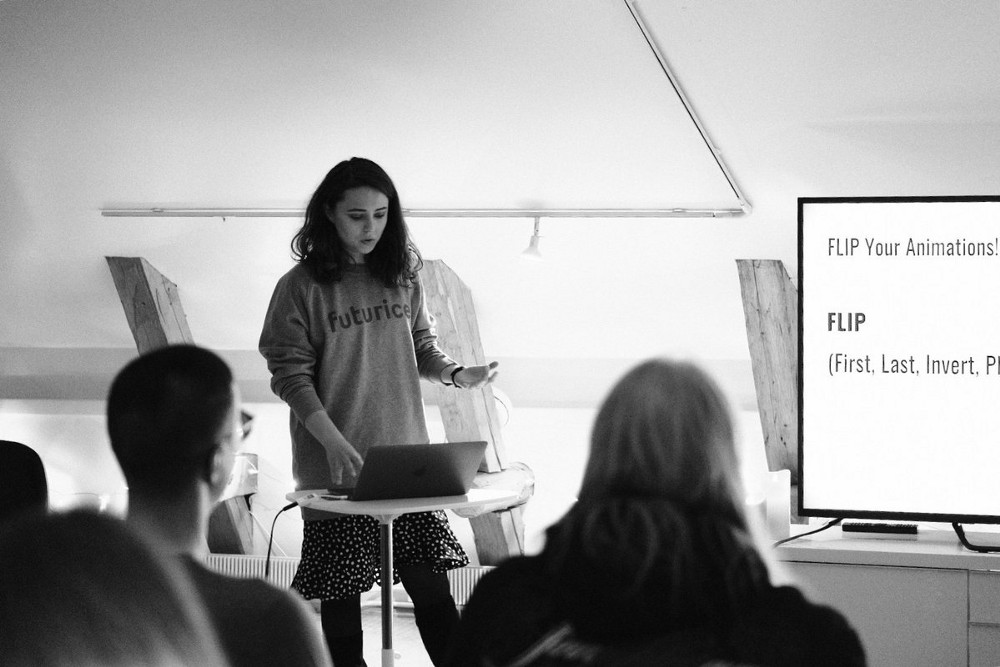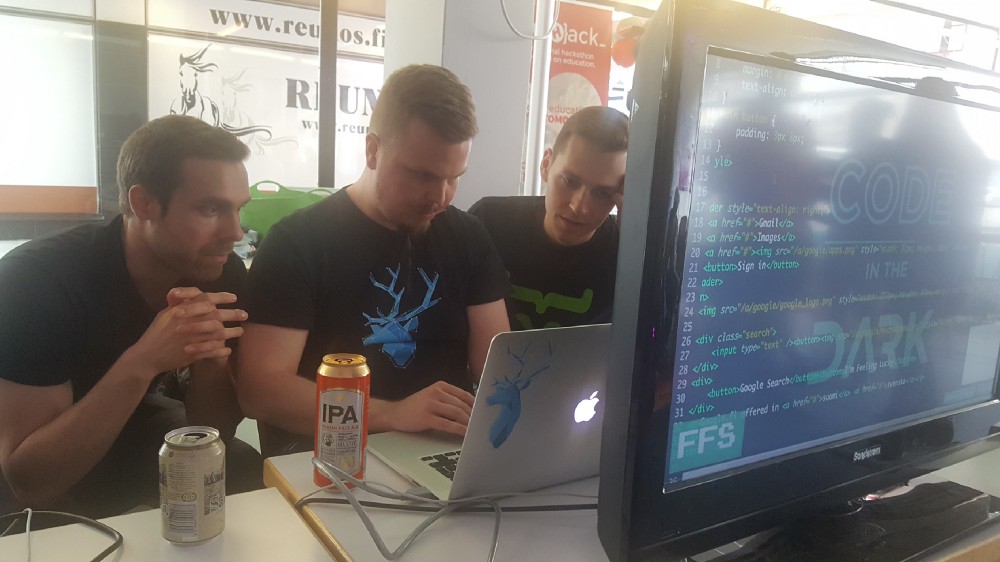How to build a kickass developer community

I was asked by a friend to share some tips and best practices from our two years of running the meetup so that others could replicate and prosper. While we can’t really give a silver bullet nor pinpoint exactly where we got it right, I wanted to share a few things I’ve learned while running Turku ❤ Frontend and growing it from 0 to 350+ members with fantastic partners and constant stream of amazing speakers.
Since being successful in anything is widely based on luck, timing and context, here’s a little backdrop on where we operate since I can’t really say that all these things work in all environments.

0. Context
We started Turku ❤ Frontend in a situation where Turku hadn’t had a tech meetup outside the game developer community in years. People weren’t so familiar with the meetup concept so we had to “teach” the community into a habit of being in a meetup group and giving talks and sponsoring our events.
On the other hand, we had an open playing field. There was no competition (even though I don’t believe that meetups should compete at all) and there were no expectations on what a meetup looks like.
1. Know your people
Choosing the theme of your meetup is crucial. If it’s too broad, no one really feels like it’s their community — if it’s too strict, you might not have a big enough audience.
What is important is finding your niche and sticking to it. Know what your people are interested in, work hard to find speakers and partners that are highly relevant and listen for feedback.
Like building anything else, the real way to know is to ask. You should talk with your community and target group and involve them. We are proud that our meetup can act as a stepping stone into giving talks — it’s always easier to start public speaking among your own community.
From what I know, nobody likes ads. So treat your developers with respect and be strict with the speakers — we make sure to tell speakers that we expect content based talks, not ones about your company. Use a slide and few minutes to mention that you’re recruiting, sure. But don’t go on for 30 minutes just advertising your product.
2. Be persistent
It’s always rough to start something new. It takes time to get things in motion and that’s how it was for us as well. The first year was a lot of practice and hard work: we got our speakers by hours of browsing LinkedIn, checking other meetups in the country and contacting former speakers and trying to convince our friends to give talks. Similar with sponsors: it took a lot of work and we didn’t get sponsors every month.
However, we haven’t skipped a single meetup so far. Luckily, we had an opportunity to host a sponsor-less meetup in a local co-working space so we were able to manage having meetups every month.
Now things are looking much nicer. We have more partners than we can host meetups (so we are constantly coming up with new projects so we can keep everyone in the loop) and we can easily build our schedule 4–5 months ahead since companies and people want to get involved.
3. Ride the wave
Once you get your community going, try to think ways to push forward. Meetups are great and there’s nothing wrong with sticking to them but if you want to build a community and strengthen the relationships between people, it’s good to try new things.
First year, we organized a hack day. Bunch of people came in on August for a Saturday of hacking with location data. Second year, we hosted a Code in the Dark event (an event that originated from the community and we helped out running it). Third year, we’re raising the bar: we start in January with Turku Gives Back open source day and in October, we are organizing a frontend conference. And we are constantly coming up with new ideas to activate the community and help developers and companies.
It’s always easier to improve when the ball is rolling. Look into improving the meetup experience as well: we are now planning on making some purchases so we can have a good AV system in-house and bringing in a new person into the core team to be in charge of recording the talks so we can share them to people who can’t make it to the events. And don’t be afraid to experiment. There’s really nothing to lose.

4. Community is people
Remember that a community is nothing without the people. Give your community and its brand for people in the community to build something. I mentioned earlier our Code in the Dark event: it stemmed from the community and we gave a helping hand and the brand to run it.
From Day 1, we’ve had the strong ideology that Turku ❤ Frontend is a brand owned by the people in the community. Sure, in the first months or even years people might not do anything with it. But building that culture of openness and feeling of belonging to the community from the very beginning will shape your community in the long run.
It’s also important to have a great core team. Sometimes there are moments when you’re too busy or too tired and it’s important that you can share the responsibilities with fantastic people.
5. Remember to have fun!
Communities are fun. So make sure that you don’t take things too seriously.
You should be having fun and the people in your community should be having fun. For us, this community is equal parts building something amazing for the developer community we are part of and an opportunity to have fun with some of the most amazing people out there.
If you don’t enjoy the journey, you’re probably not gonna go on for long.
If something above resonated with you, let's start a discussion about it! Email me at juhamattisantala at gmail dot com and share your thoughts. This year, I want to have more deeper discussions with people from around the world and I'd love if you'd be part of that.